Code
HCS34726
Weight
100 gm / 0.22 lbs
Size
Height
3cm (1") Width
5cm (2") Depth
7cm (3") Material
Sterlin Silver
Availability
Available

Safe Payment
We accept Paypal, Money Transfer, Bank Transfer
Confidence
Protection covers your purchase and personal data.
Worldwide Delivery
We ship Worldwide, except Russia.Shipping cost US$25.2 for upto 0.5 kgs

Hotline
Talk to help line for your question on 9841267335Green Tara : Brief Introduction
Samaya Tara, popularly known as Green Tara. She is represented in a royal ease posture with her left leg bent her left leg overstepping the main lotus and resting on a blue lotus ready to get up and offer assistance to those in need. She is portrayed with maroon Buddhist robes and jewelry. The earrings represent patience, understanding, and renunciation. The diadem with five jewels represents the transmutation of the five delusions into the Five Buddha Wisdoms. She is shown with a benevolent countenance seated upon a white moon disk which is associated with special restorative nectar associated with the naval chakra center. In Buddhists, the moon symbolizes the wisdom aspect which when coupled with compassion leads to Sakyamuni Buddha's enlightenment. Her right hand is gracefully lowered in Varada mudra, the boon-granting gesture. Read More . . .
Samaya Tara, popularly known as Green Tara. She is represented in a royal ease posture with her left leg bent her left leg overstepping the main lotus and resting on a blue lotus ready to get up and offer assistance to those in need. She is portrayed with maroon Buddhist robes and jewelry. The earrings represent patience, understanding, and renunciation. The diadem with five jewels represents the transmutation of the five delusions into the Five Buddha Wisdoms. She is shown with a benevolent countenance seated upon a white moon disk which is associated with special restorative nectar associated with the naval chakra center. In Buddhists, the moon symbolizes the wisdom aspect which when coupled with compassion leads to Sakyamuni Buddha's enlightenment. Her right hand is gracefully lowered in Varada mudra, the boon-granting gesture. Read More . . .
Brief Introduction :
Ghau is a portable shrine in which an image of the owner's personal deity (Ishta Devata) is kept wrapped in silk cloth. Most Tibetans used Ghau at home and during traveling. At home, it is kept on alter but when traveling it is fastened at the cross belt. Generally, Ghau has trefoil shapes to and a window in the middle through which one can see the personal deity. Ghau is made of two parts which fit together to form a box. The back is usually left plain and the front is richly decorated.


![[silver] Tibetan Ghau Box With [green Tara], [gold Plated] And [stone Setting]](https://handicraftseller.com/uploads/pics/product/thumb/2025/01/34726_3.jpg)
![[silver] Tibetan Ghau Box With [green Tara], [gold Plated] And [stone Setting]](https://handicraftseller.com/uploads/pics/product/thumb/2025/01/34726_4.jpg)
![[silver] Tibetan Ghau Box With [green Tara], [gold Plated] And [stone Setting]](https://handicraftseller.com/uploads/pics/product/thumb/2025/01/34726_5.jpg)
![[silver] Tibetan Ghau Box With [green Tara], [gold Plated] And [stone Setting]](https://handicraftseller.com/uploads/pics/product/thumb/2025/01/34726_6.jpg)
![[silver] Tibetan Ghau Box With [green Tara], [gold Plated] And [stone Setting]](https://handicraftseller.com/uploads/pics/product/thumb/2025/01/34726_7.jpg)
![[silver] Tibetan Ghau Box With [green Tara], [gold Plated] And [stone Setting]](https://handicraftseller.com/uploads/pics/product/thumb/2025/01/34726.jpg)
![[silver] Tibetan Ghau Box With [green Tara], [gold Plated] And [stone Setting]](https://handicraftseller.com/uploads/pics/product/thumb/2025/01/34726_0.jpg)
![[silver] Tibetan Ghau Box With [green Tara], [gold Plated] And [stone Setting]](https://handicraftseller.com/uploads/pics/product/thumb/2025/01/34726_1.jpg)
![[silver] Tibetan Ghau Box With [green Tara], [gold Plated] And [stone Setting]](https://handicraftseller.com/uploads/pics/product/thumb/2025/01/34726_2.jpg)
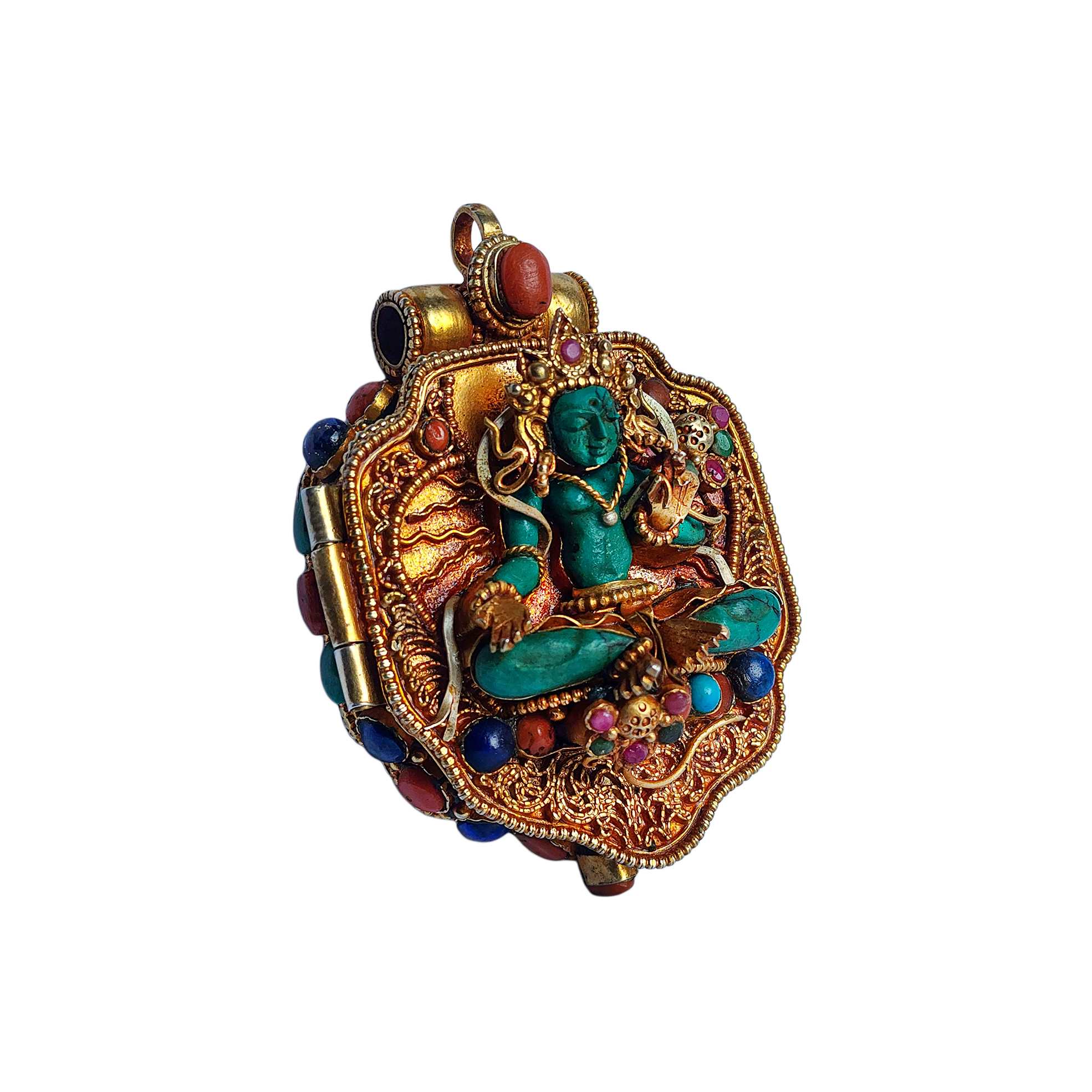
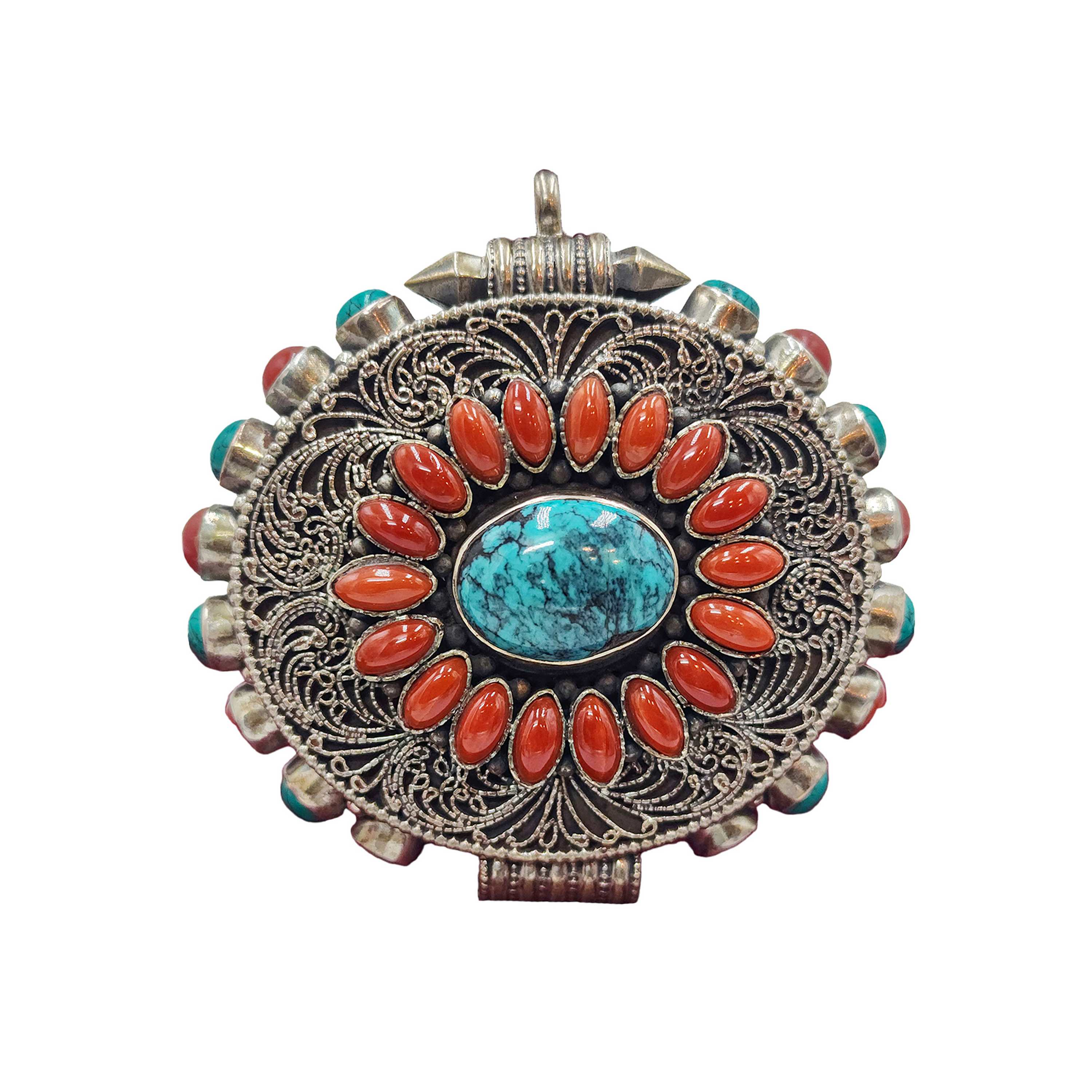 Sterlin Silver Tibetan Ghau Box
Sterlin Silver Tibetan Ghau Box 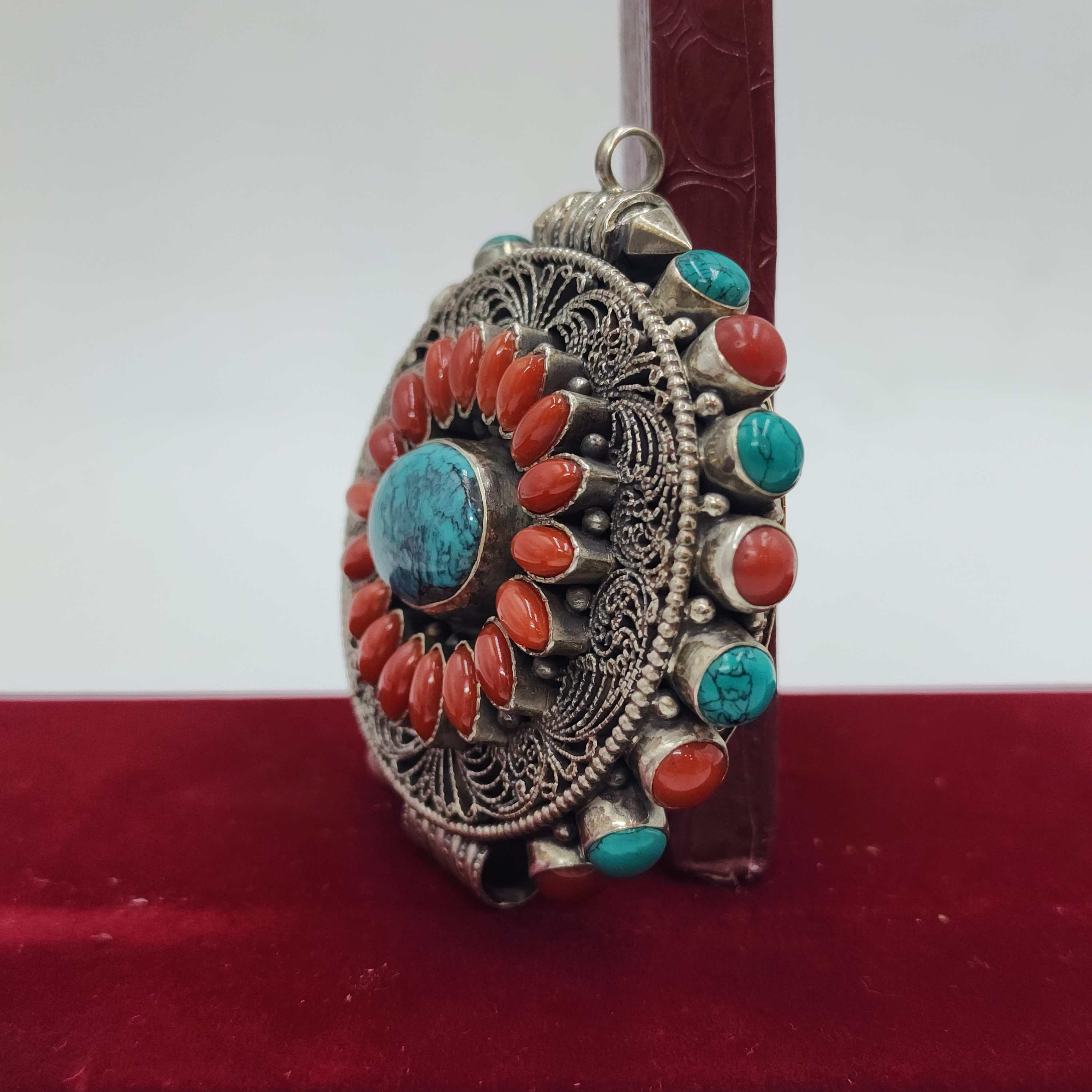 Sterlin Silver Tibetan Ghau Box
Sterlin Silver Tibetan Ghau Box  Sterlin Silver Tibetan Ghau Box
Sterlin Silver Tibetan Ghau Box 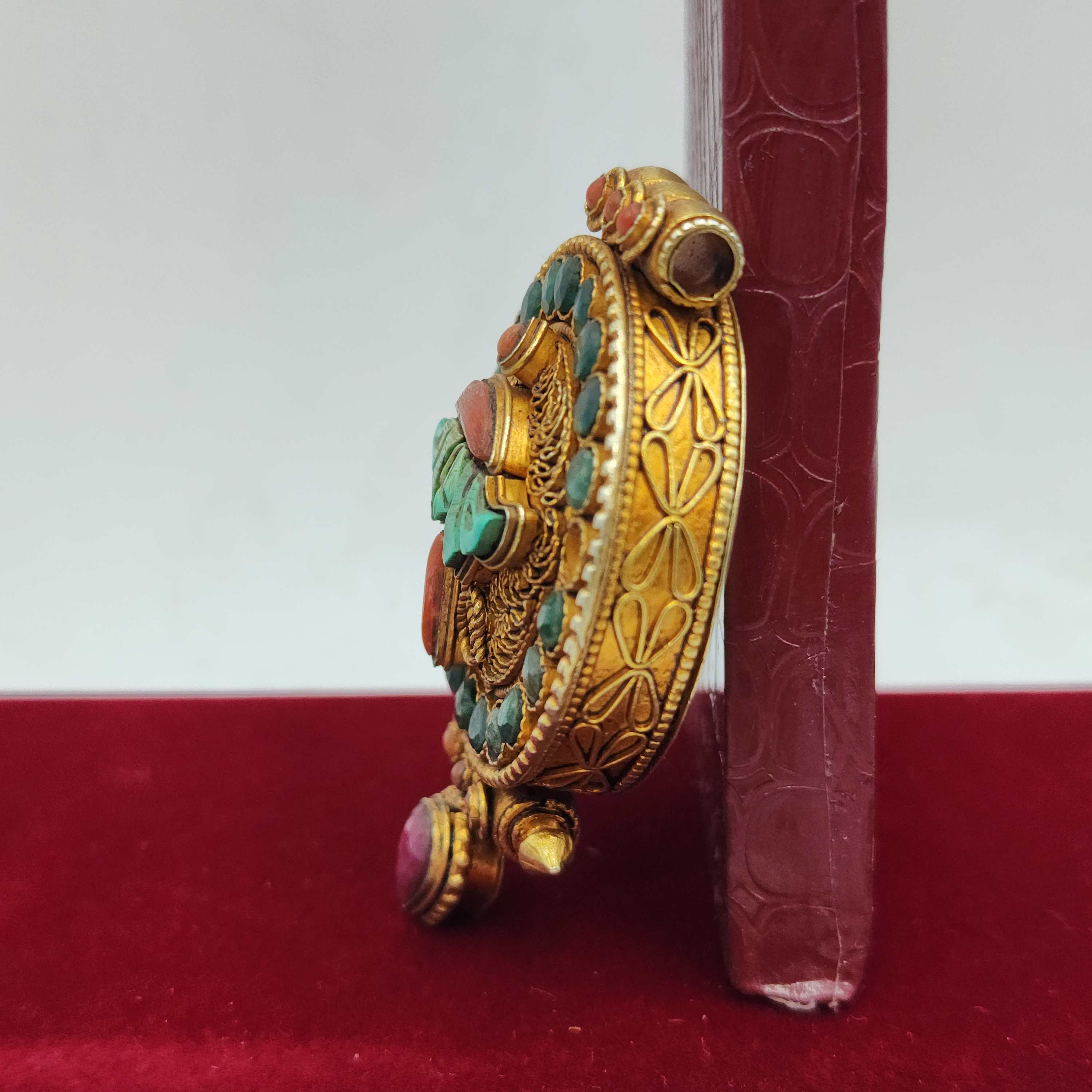 Sterlin Silver Tibetan Ghau Box
Sterlin Silver Tibetan Ghau Box 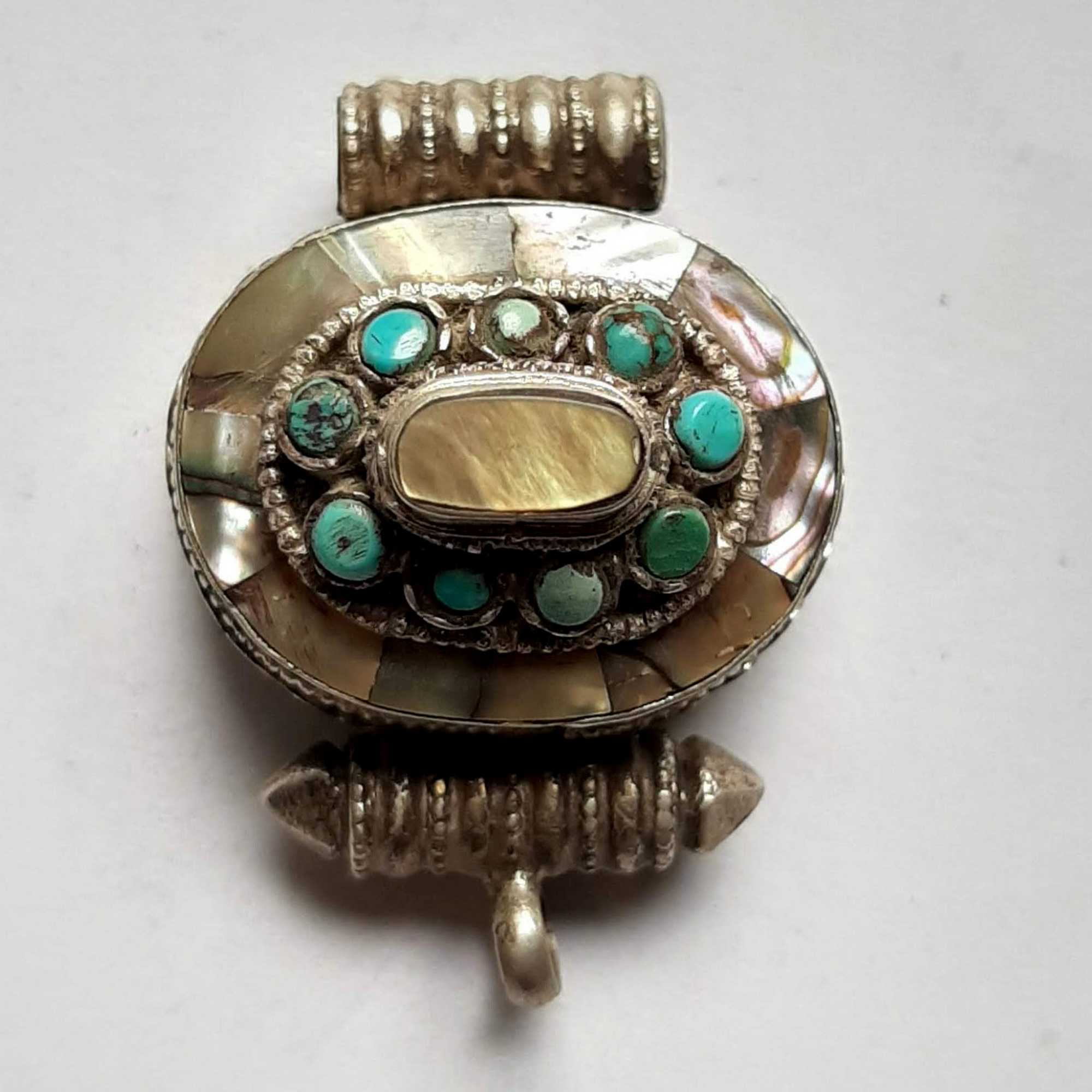 Silver Ghau Amulet,
Silver Ghau Amulet,  Sterlin Silver Tibetan Ghau Box,
Sterlin Silver Tibetan Ghau Box, 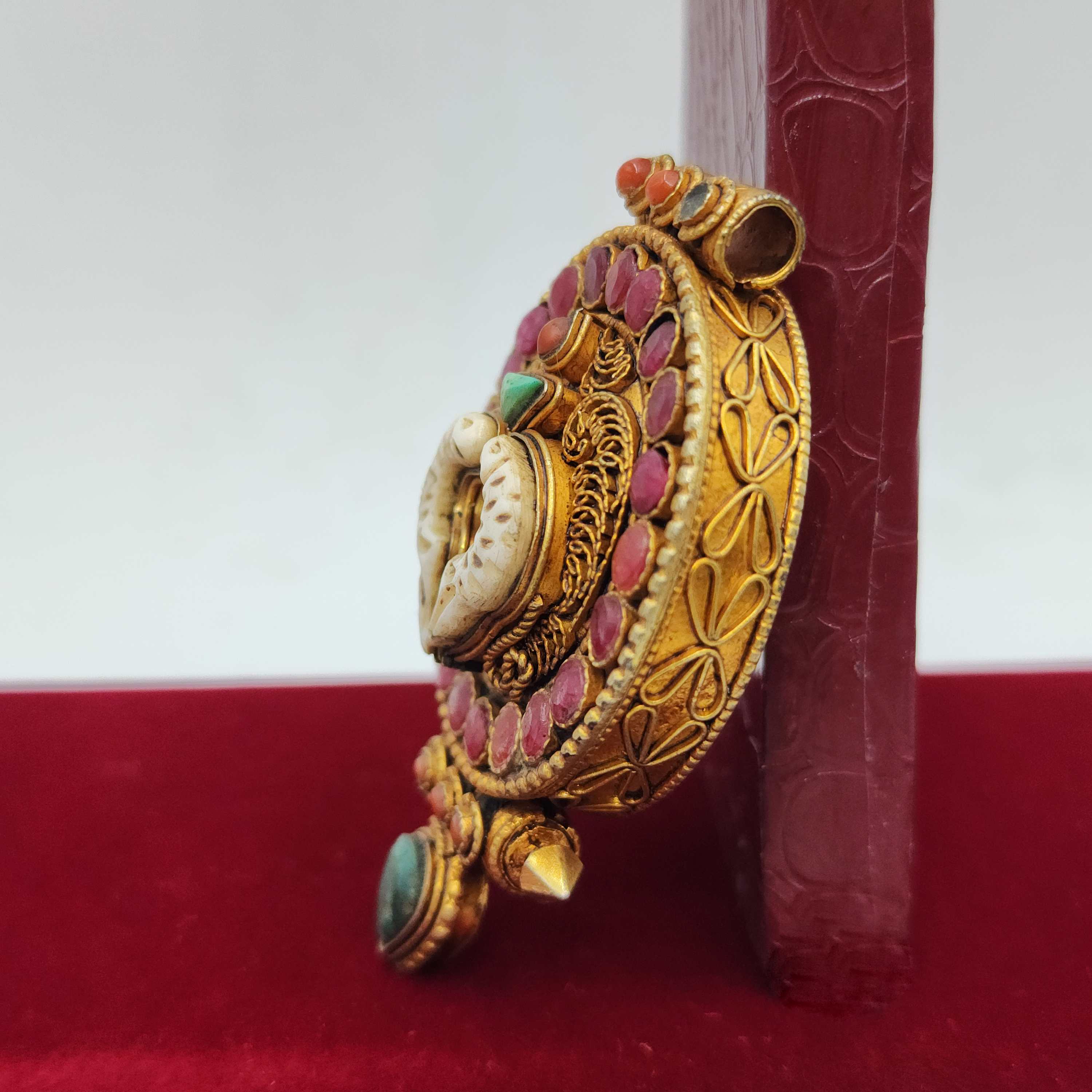 Sterlin Silver Tibetan Ghau Box,
Sterlin Silver Tibetan Ghau Box, 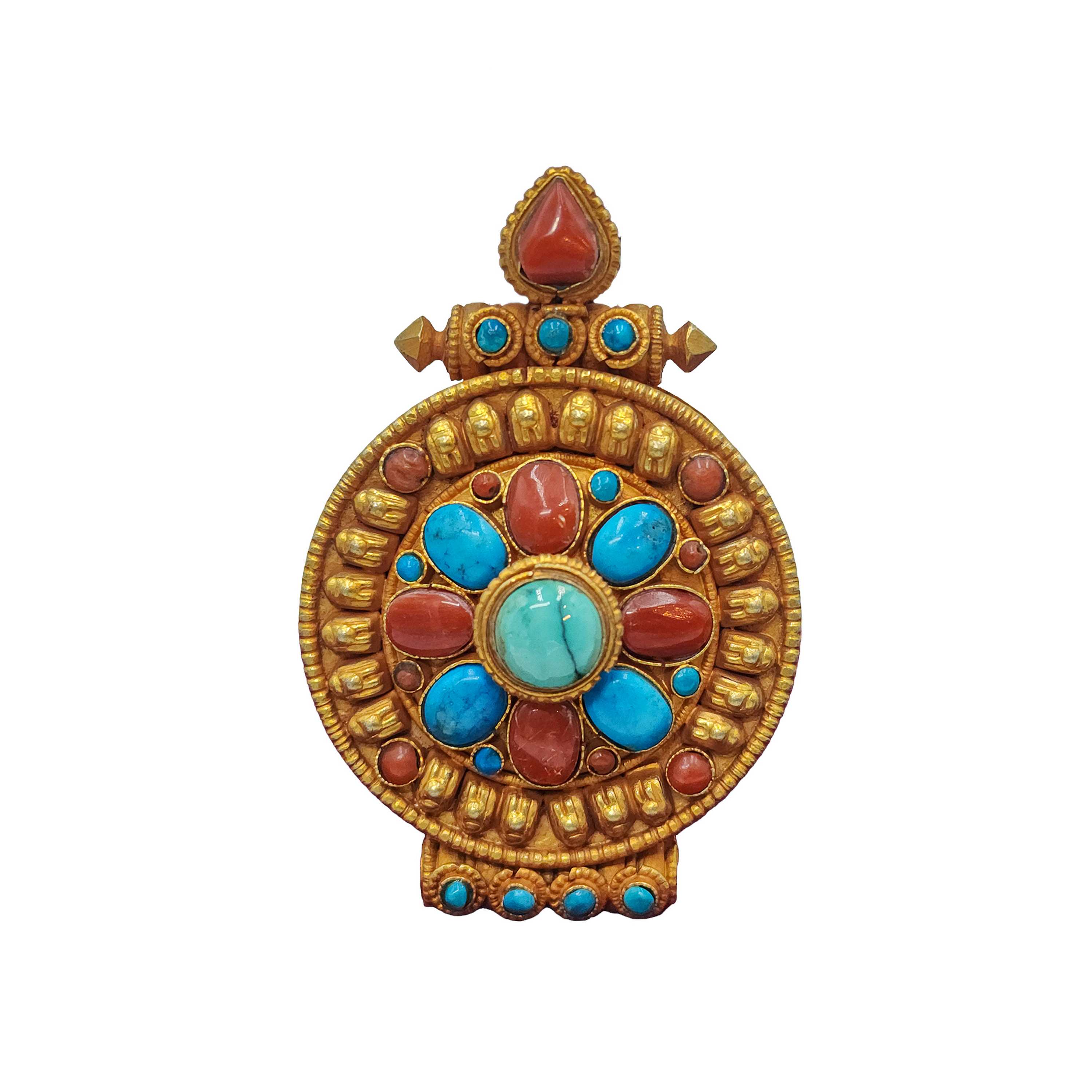 Sterlin Silver Tibetan Ghau Box
Sterlin Silver Tibetan Ghau Box 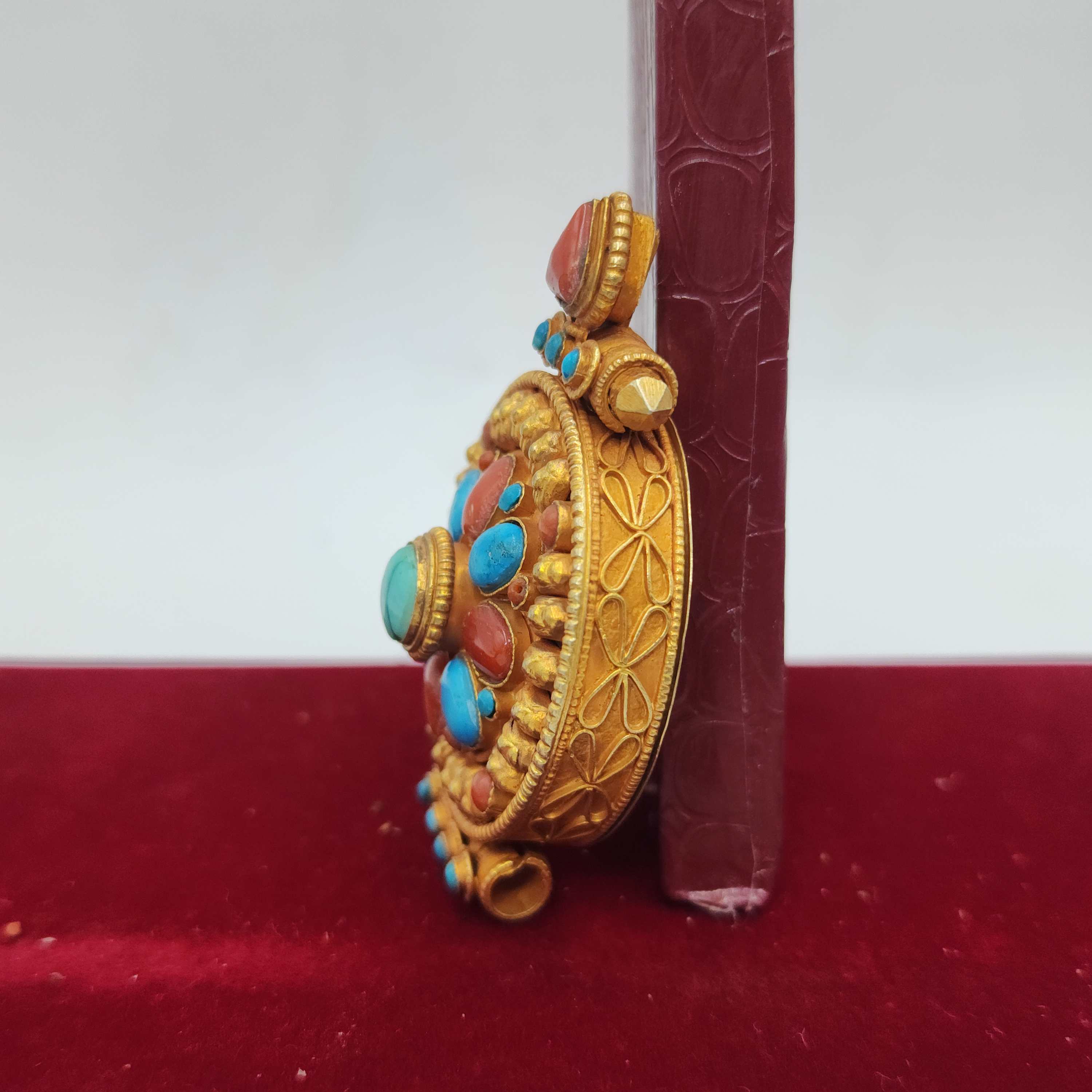 Sterlin Silver Tibetan Ghau Box
Sterlin Silver Tibetan Ghau Box 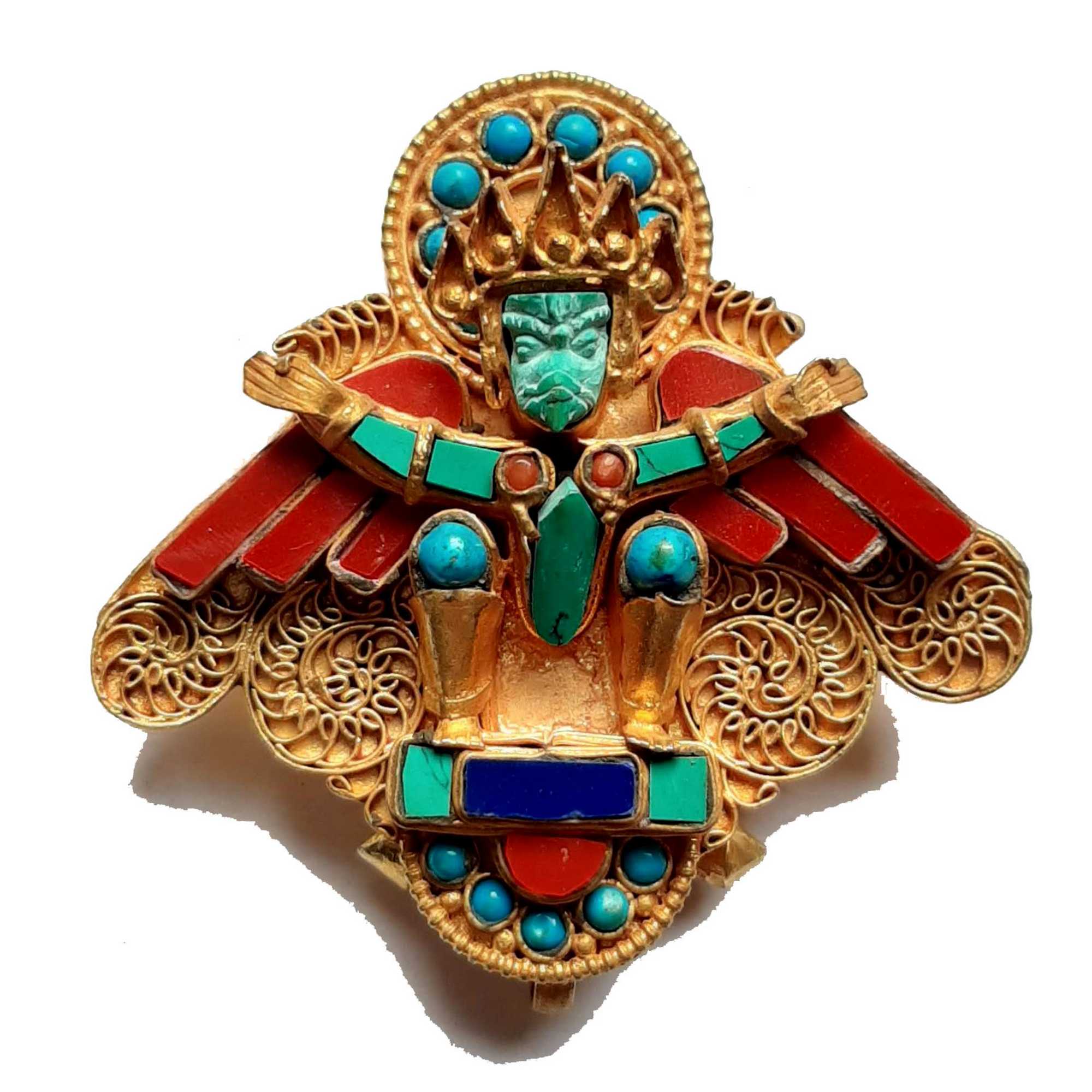 Silver Garuda Ghau Amulet,
Silver Garuda Ghau Amulet, 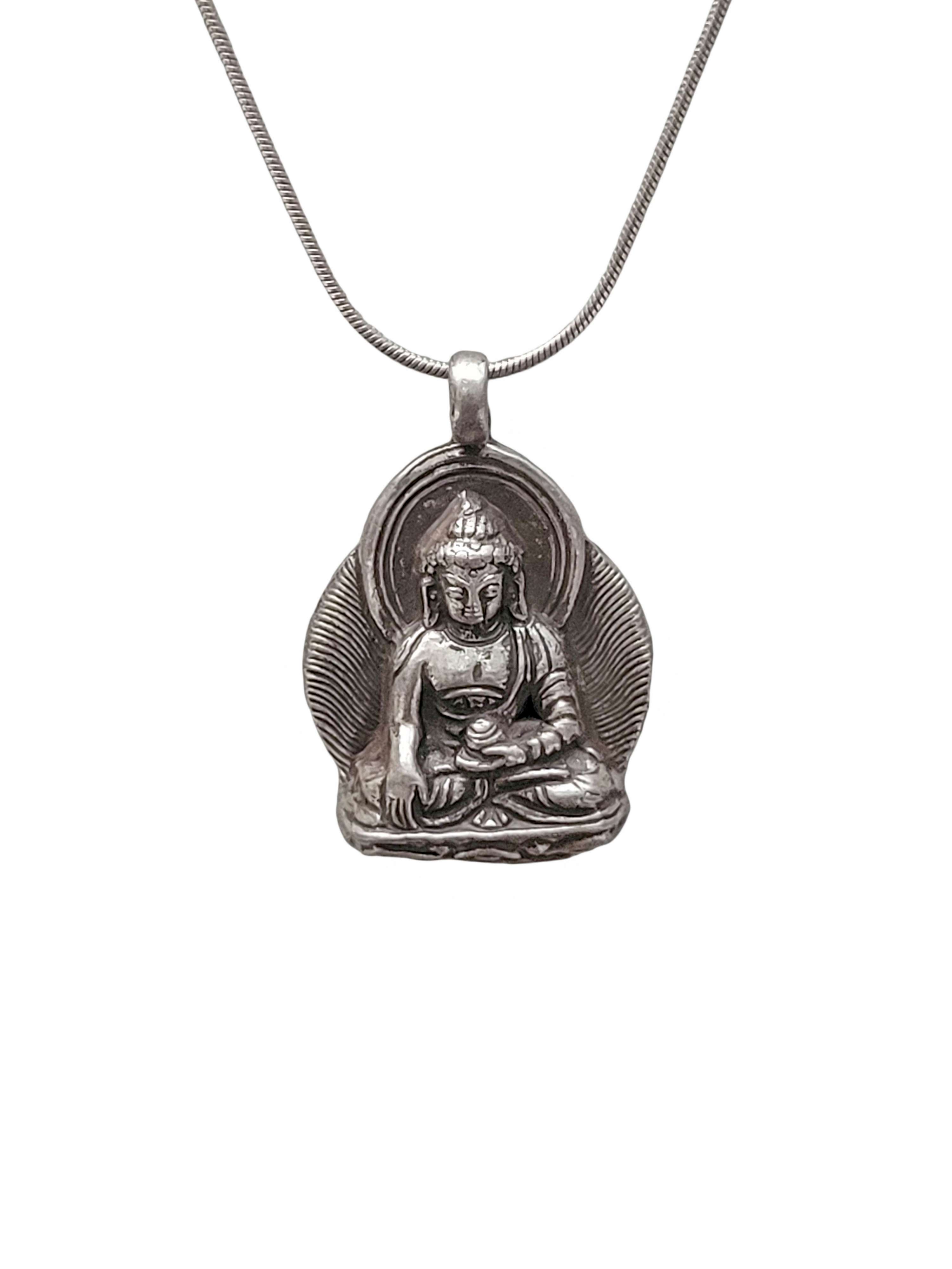 Pendant, Buddhist Silver Amulet
Pendant, Buddhist Silver Amulet 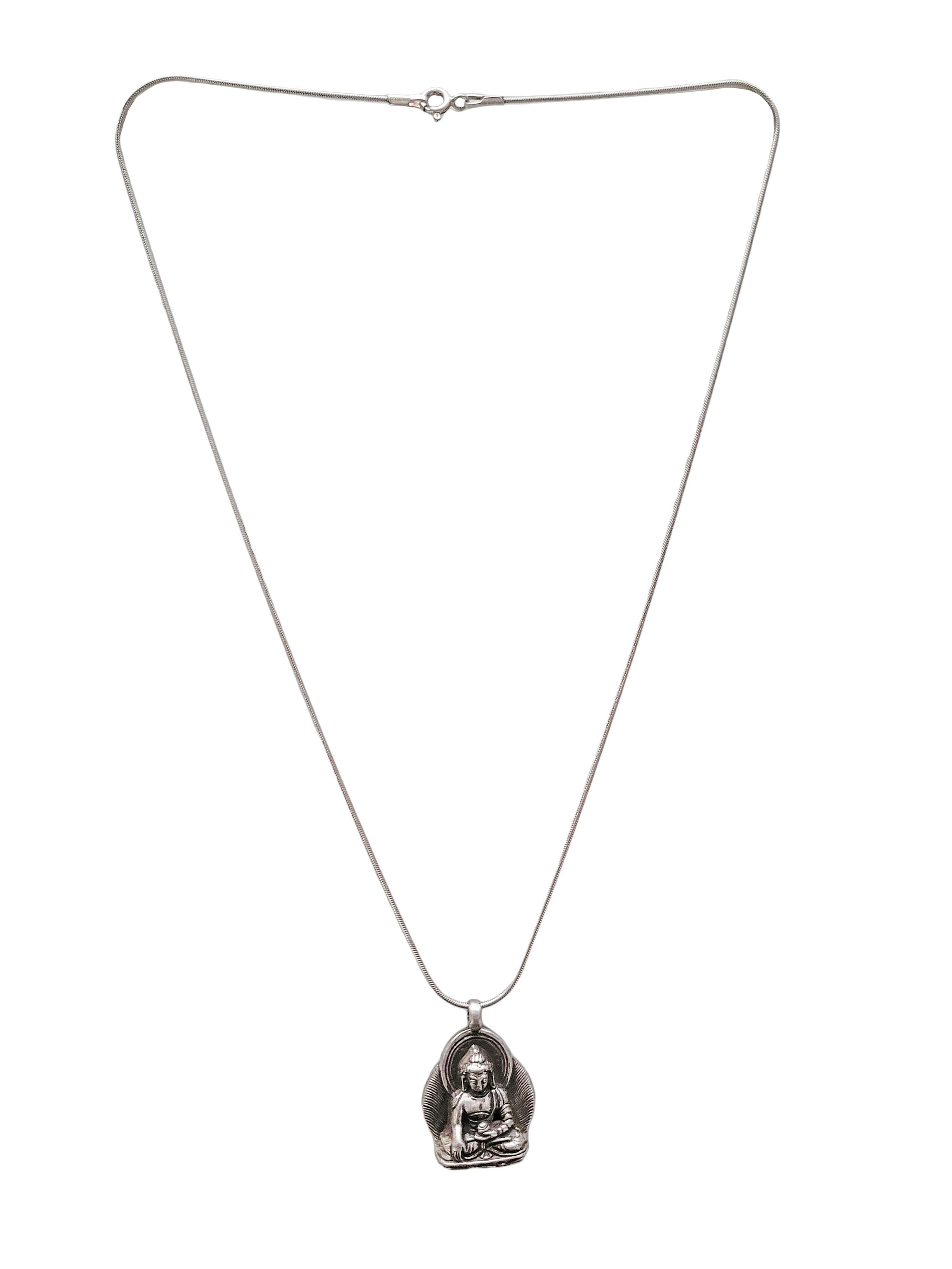 Pendant, Buddhist Silver Amulet
Pendant, Buddhist Silver Amulet 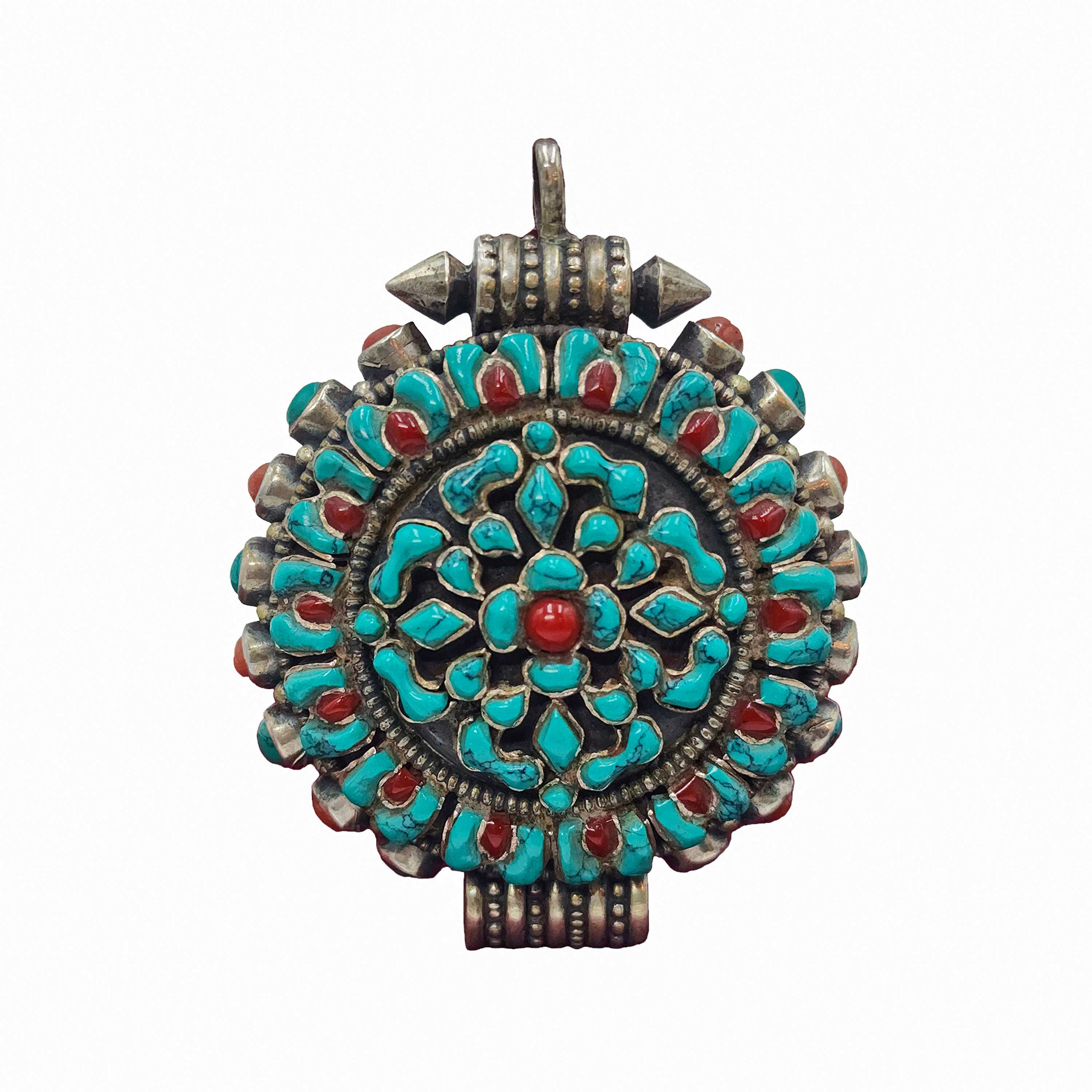 Sterlin Silver Tibetan Ghau Box
Sterlin Silver Tibetan Ghau Box 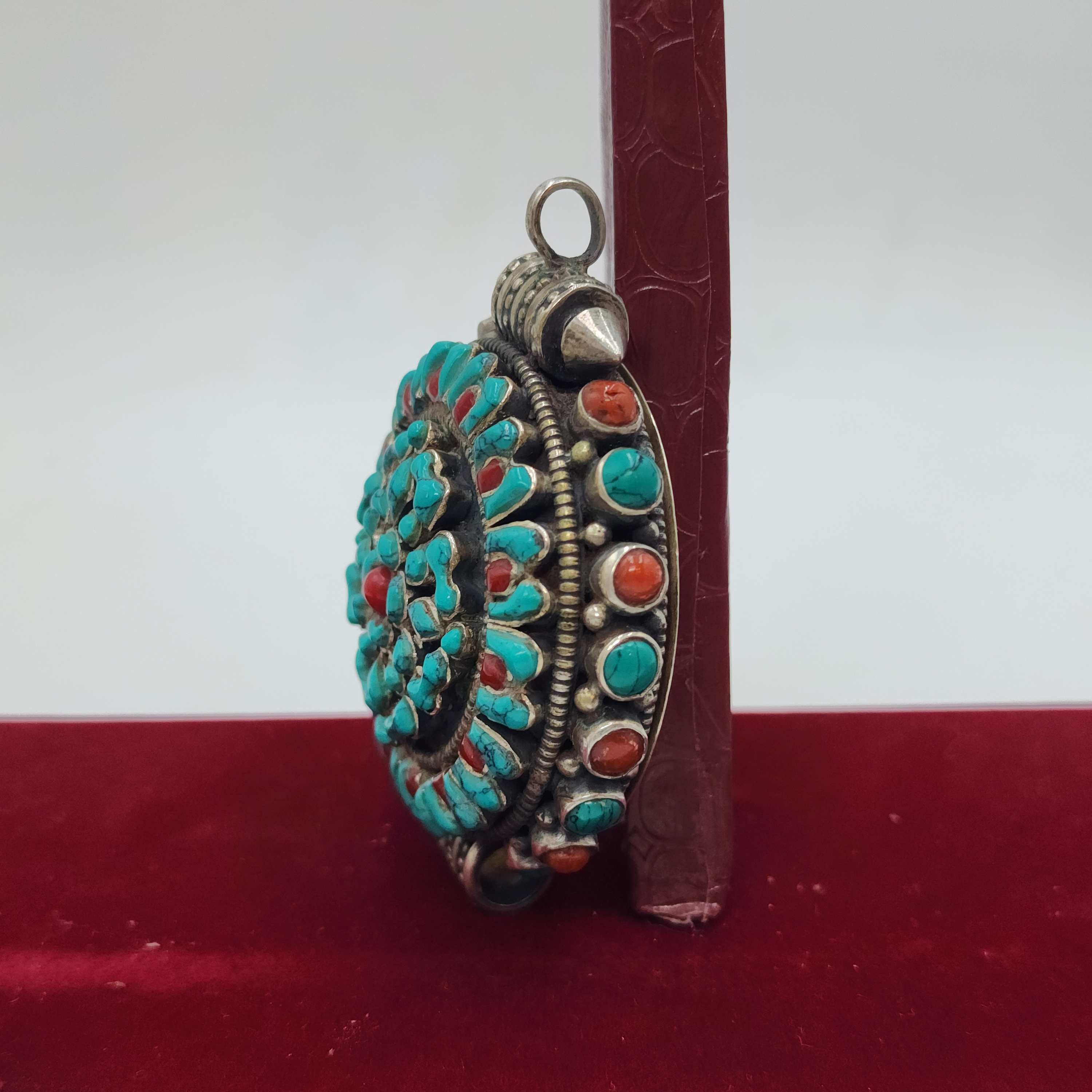 Sterlin Silver Tibetan Ghau Box
Sterlin Silver Tibetan Ghau Box  with Amber
with Amber 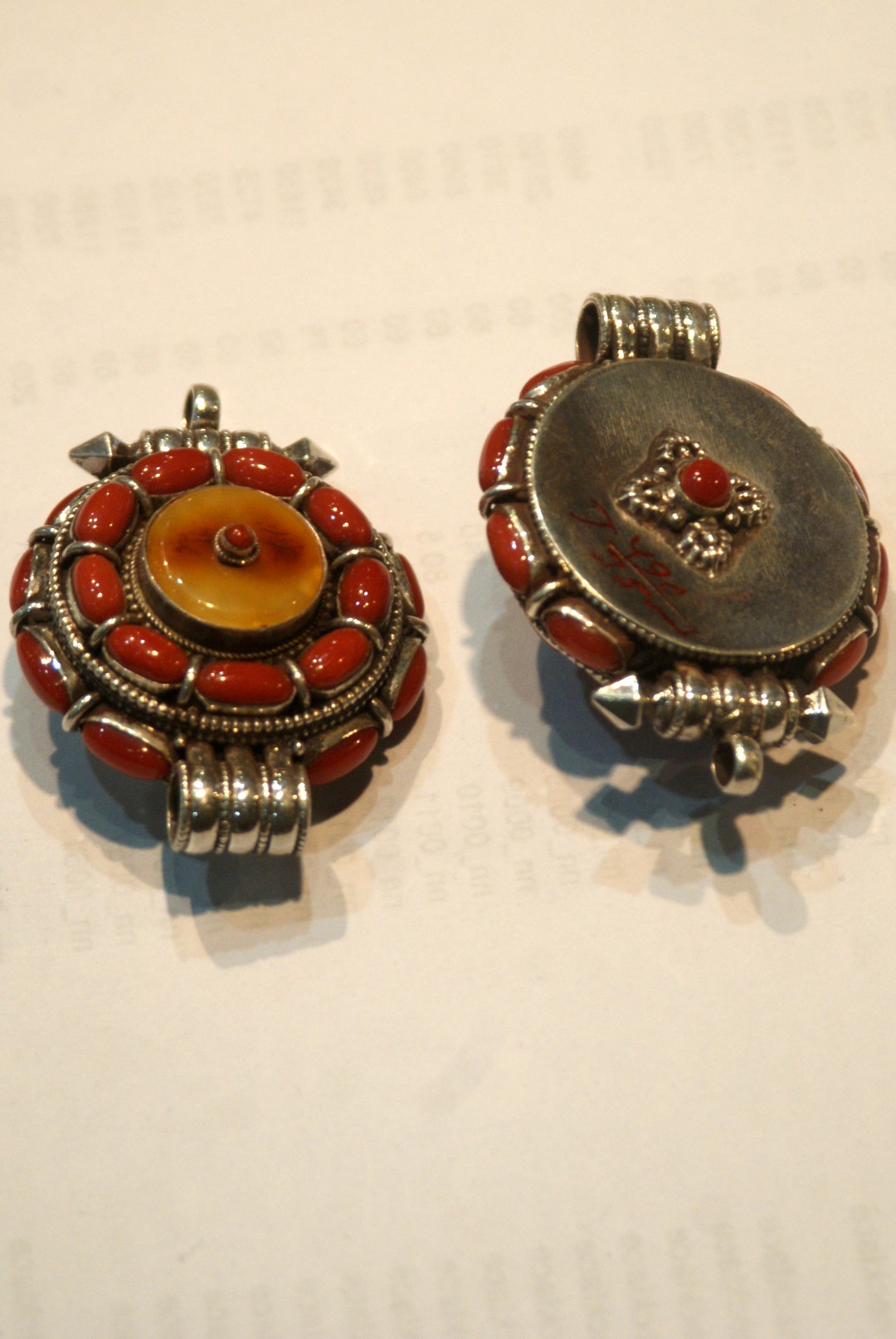 with Amber
with Amber  Silver Tibetan Ghau Box
Silver Tibetan Ghau Box 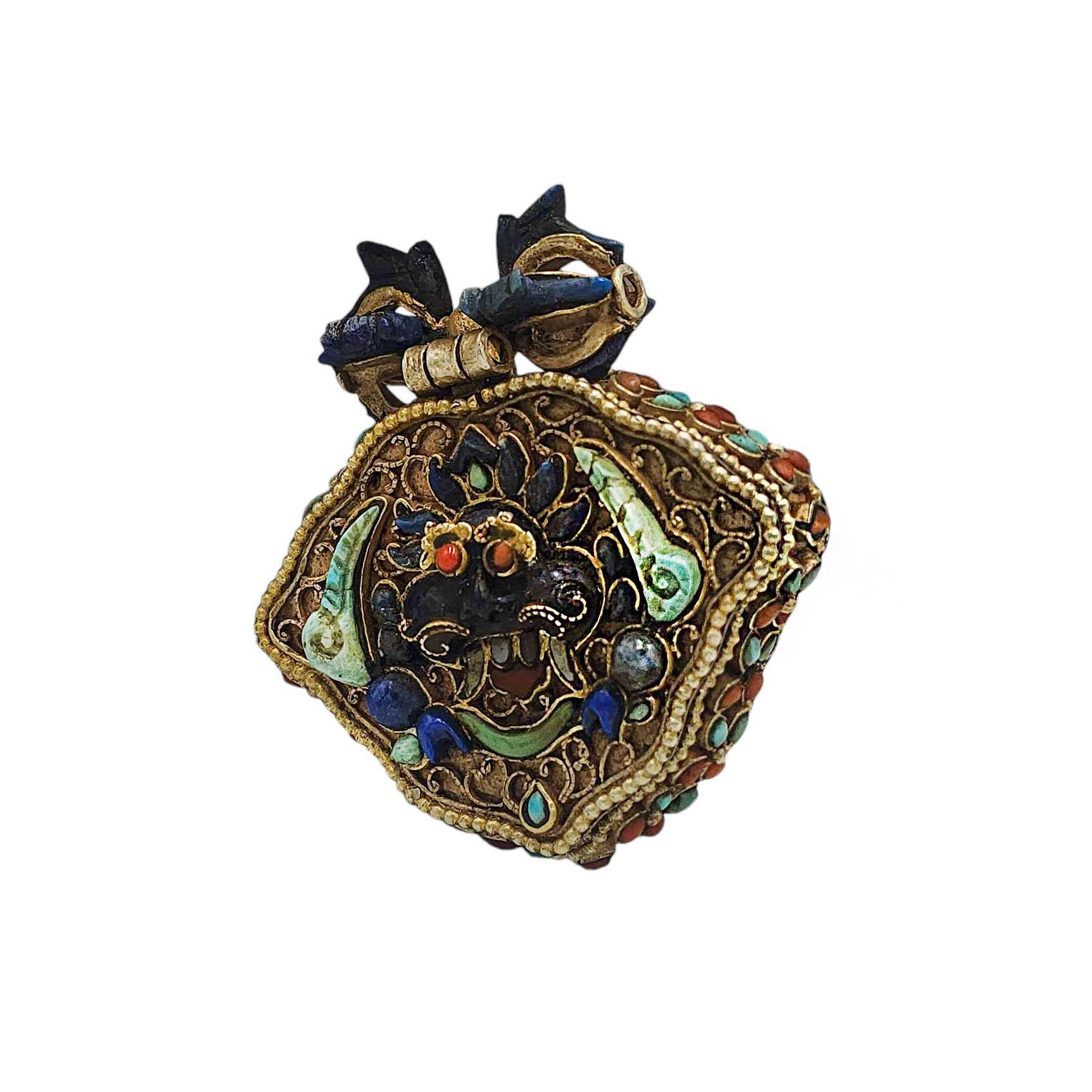 Silver Tibetan Ghau Box
Silver Tibetan Ghau Box